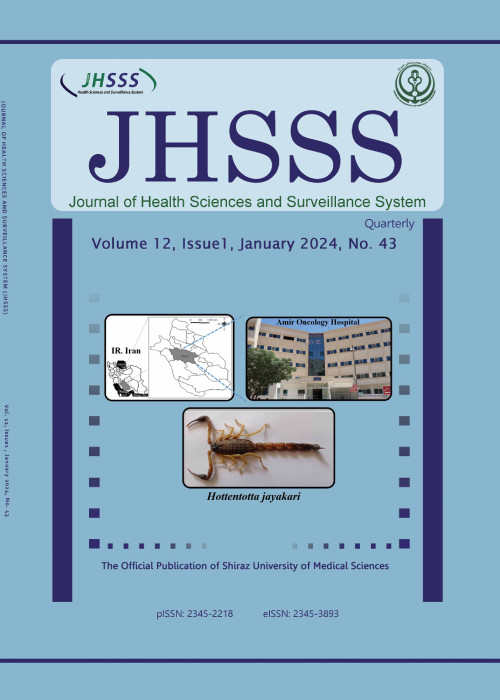WhatsApp Messenger role in Coronavirus Disease 2019 (COVID 19) Pandemic
Coronavirus disease 2019 (COVID 19), which originated in December 2019, on January 30, 2020 was declared by the World Health Organization as the sixth public health emergency from international concerns [1]. Since the onset of the disease in late 2019 to mid-June 2020, more than 8.5 million people around the world have been infected with COVID 19. Of these, more than 450,000 have died [2]. So far, six species of human coronavirus have been identified, most of which , like SARS in 2002 and MERS in 2012, cause mild respiratory illness [3]. During the spread of COVID 19 worldwide, people use social media to receive and exchange information [4]. With the advent of smartphones, widespread access to the Internet, and the availability of instant messaging applications, it has become clear that these communications can have numerous benefits for healthcare providers as well. WhatsApp is one of the instant messaging applications that is widely used in healthcare and is, therefore, a popular app [5]; it has about 1.5 billion users worldwide [6]. WhatsApp is compatible with all smartphone operating systems such as iPhone, Android, Windows phone [7]. This messenger allows its users to easily share text and video messages as well as media files and content with other users. A,lso group chats and the participation of several users in calls for conversation are easily available in this messenger. WhatsApp communications can be done easily and internationally. WhatsApp is available for everyone for an annual subscription fee of $0.99 [6, 8]. In addition to major changes in people's daily lifestyles, social media has improved communication between patients and professionals by establishing fast multimedia communication, health education, social support, and better health decisions, so that WhatsApp has been used in cases such as drug therapy problems, drug and dietary supplements, emotional changes, lifestyle habits, social rights, physical symptoms, commitment to treatment, medical emergencies, oral health promotion and issues of dentistry [9]. According to a study by Kurubaran Ganasegeran et al., most health system employees understand the use of WhatsApp in health and clinical matters, and it has been observed that these messengers in clinical departments (approximately 61% of employees), clinics (about 60%), operating room (56%) and when calling the treatment staff (approximately 55%) have been used [8]. The World Health Organization also defines mobile (wireless) health as public health, supported by wireless devices such as mobile phones, monitoring devices, personal digital assistants (PDAs), and other wireless devices [10]. Given the prevalence of COVID 19 worldwide and the risk to all individuals, the use of WhatsApp Messenger to inform the latest announcements of the World Health Organization, public and regional health centers, health professionals, and researchers can have a significant impact on public health. The messenger can also be used to effectively communicate with members of the medical staff to resolve the questions and rumors, and avoid frequent visits to health centers that are high-risk areas. WhatsApp can also be contacted by friends and acquaintances using voice and video calls, which can probably reduce the psychological pressure of the quarantine and isolation to some extent.
- حق عضویت دریافتی صرف حمایت از نشریات عضو و نگهداری، تکمیل و توسعه مگیران میشود.
- پرداخت حق اشتراک و دانلود مقالات اجازه بازنشر آن در سایر رسانههای چاپی و دیجیتال را به کاربر نمیدهد.


